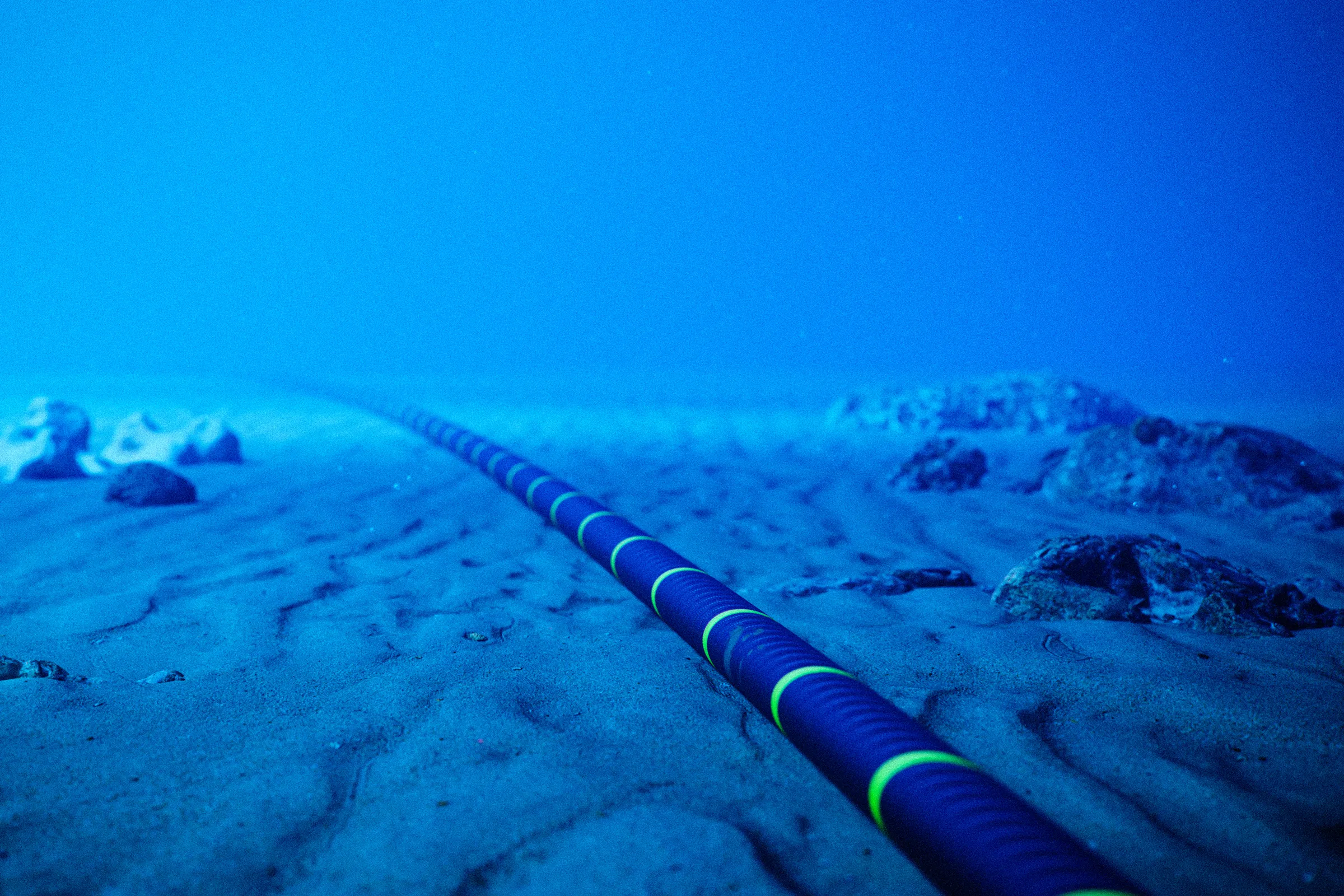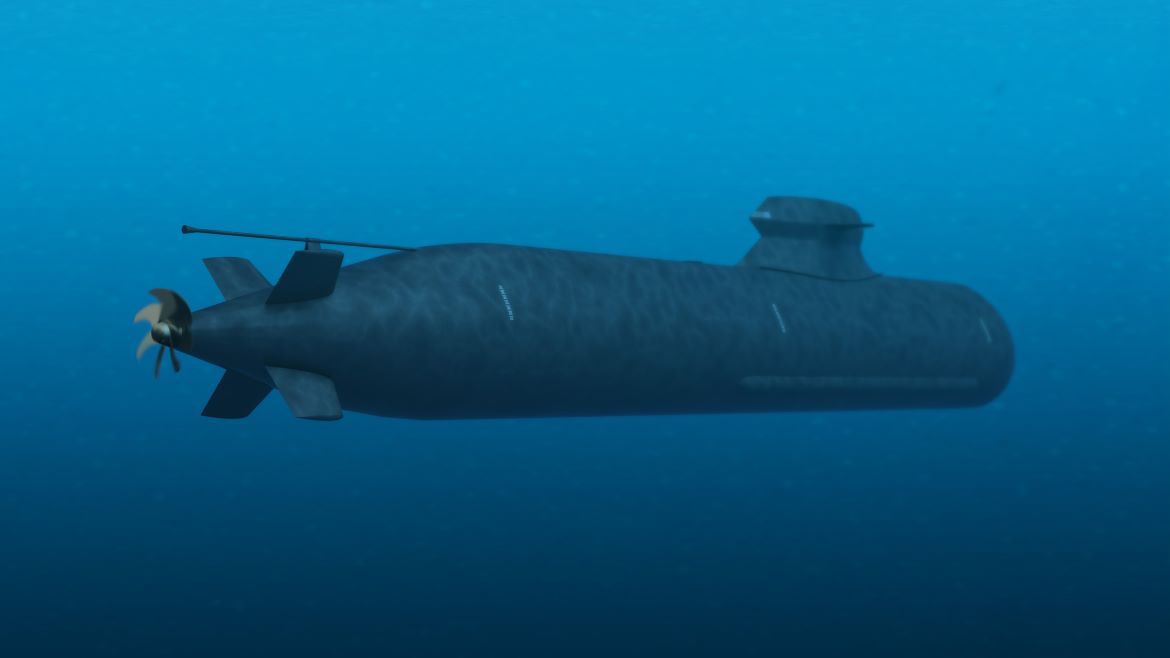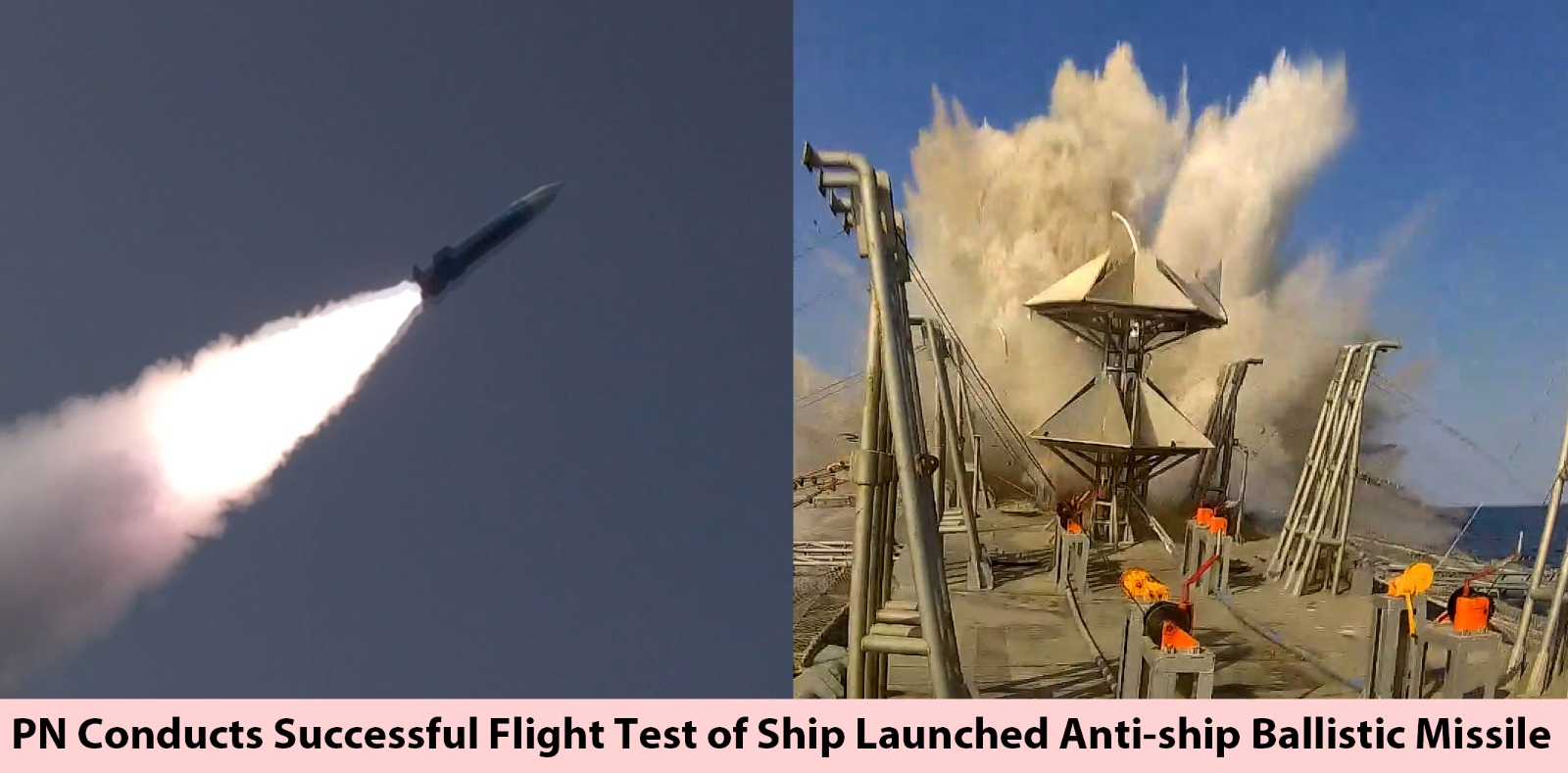In the digital age, global connectivity is paramount for economic, political, and security interests. While satellites and wireless technologies receive considerable attention, submarine fiber-optic cables are the backbone of the internet, facilitating over 95% of international data transfers. These undersea cables are critical for telecommunications, finance, defense, and technological innovation, making them a significant infrastructure for any modern economy, particularly for technologically advanced nations like South Korea. Given South Korea’s heavy dependence on global trade, digital services, and national security imperatives, submarine cables hold profound implications for the country’s economic resilience, cybersecurity, and geopolitical strategy.
South Korea is a global leader in technology and digital services, with companies like Samsung, LG, and SK Telecom at the forefront of telecommunications and electronics. A significant portion of its economic output relies on seamless internet connectivity for international trade, financial transactions, and cloud computing. Submarine cables facilitate uninterrupted digital communication with key economic partners, including the United States, China, Japan, and the European Union. Any disruption in these cables could have dire economic consequences, impacting stock markets, banking systems, and digital commerce.
As submarine cables carry sensitive data, they are a prime target for cyber threats, espionage, and sabotage. Geopolitical tensions in East Asia, particularly concerning China, North Korea, and the United States, make the security of these cables a matter of national interest for South Korea. Intelligence agencies have raised concerns about potential cyberattacks aimed at tapping or cutting undersea cables, which could disrupt communications and compromise sensitive government and corporate information. Additionally, the vulnerabilities in undersea cable security may lead to increased competition and provocations between nations. Rival states could exploit these weaknesses for intelligence gathering or to create strategic advantages in maritime security conflicts. South Korea must enhance its cybersecurity framework and international cooperation to safeguard these critical infrastructures.
Submarine cables are not just a matter of technical infrastructure; they are deeply embedded in global geopolitics. The South China Sea, a hotspot for territorial disputes involving China, the U.S., and neighboring nations, is a crucial route for many submarine cables. Given the rising tensions between China and the U.S., South Korea must carefully navigate its alliances and regional policies to secure its data flow while maintaining diplomatic balance. Strong trilateral cooperation between South Korea, the United States, and Japan is essential in ensuring the security and stability of submarine cable networks in the region. Strengthening intelligence-sharing, joint cybersecurity efforts, and coordinated infrastructure investments among these three nations can provide a robust defense against cyber threats and geopolitical disruptions. Furthermore, partnerships with multinational tech firms and regional agreements on data protection and undersea infrastructure maintenance can bolster South Korea’s strategic position.
Europe presents a valuable case study in undersea cable security and resilience. The European Union has taken significant steps to safeguard its submarine cable networks by implementing joint monitoring initiatives, investing in redundant cable routes, and enhancing regulatory oversight to protect critical infrastructure. European nations have also expanded cooperation through NATO and other regional defense mechanisms to counter undersea threats. South Korea can learn from Europe’s approach by strengthening multilateral agreements and enhancing regulatory frameworks that protect its own submarine cable networks.
Despite their importance, submarine cables face several vulnerabilities. Physical damage from earthquakes, fishing activities, and ship anchors can inadvertently disrupt cables, causing significant outages. Cybersecurity threats, including cyberattacks targeting the infrastructure, could lead to data breaches, surveillance, or complete disruption of communication. Geopolitical conflicts pose additional risks, as submarine cables could be deliberately sabotaged, affecting national security and economic stability. Regulatory and ownership concerns also arise, as many cables are owned by private companies, often from foreign nations, raising questions about data sovereignty and control. Given these risks, there is an increasing need to enhance undersea reconnaissance and surveillance capabilities. By investing in advanced underwater monitoring systems, South Korea can detect and respond to potential threats in real time, mitigating disruptions before they escalate.
To mitigate these risks, South Korea should invest in multiple undersea cable routes to reduce dependence on any single line and ensure redundancy in case of disruptions. Strengthening international cooperation through partnerships with allies such as the U.S., Japan, and the EU can enhance protection and resilience. Enhanced domestic cybersecurity measures, including advanced monitoring systems and response strategies, should be developed to detect and mitigate potential cyber threats. Additionally, investment in alternative technologies, such as satellite-based communication and quantum encryption, could provide supplementary security layers. Furthermore, increasing maritime patrols and deploying advanced subsea detection technology will help deter hostile activities and reinforce national security in underwater domains.
Submarine cables are an often-overlooked yet critical component of South Korea’s economic, security, and geopolitical framework. Ensuring the resilience, security, and strategic management of these cables is vital to maintaining South Korea’s status as a global digital leader. With emerging threats in cyberspace and regional conflicts posing new challenges, proactive investment and strategic foresight in undersea communication infrastructure, combined with enhanced maritime reconnaissance and surveillance, will be essential to safeguarding the nation’s digital future.

Jihoon Yu
Jihoon Yu is the director of external cooperation and associate research fellow at the Korea Institute for Defense Analyses. Jihoon was the member of Task Force for South Korea’s light aircraft carrier project and Jangbogo-III submarine project. He is the main author of the ROK Navy’s Navy Vision 2045. His area of expertise includes the ROK-U.S. alliance, the ROK-Europe security cooperation, inter-Korean relations, national security, maritime security, hybrid-threats, and strategic weapons systems. He earned his MA in National Security Affairs from the U.S. Naval Postgraduate School and Ph.D. in Political Science from Syracuse University.
- Jihoon Yu#molongui-disabled-link
- Jihoon Yu#molongui-disabled-link
- Jihoon Yu#molongui-disabled-link
- Jihoon Yu#molongui-disabled-link













